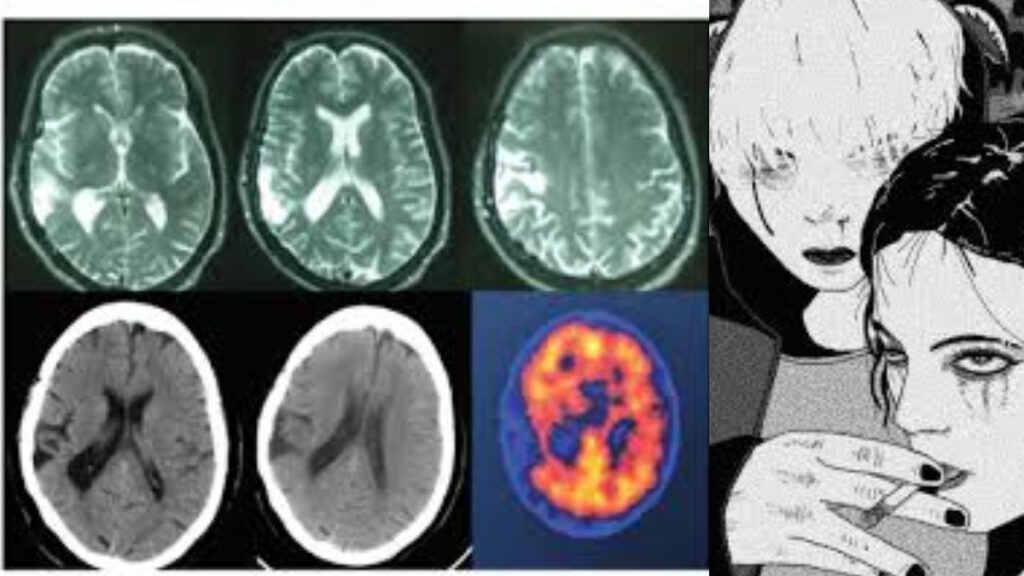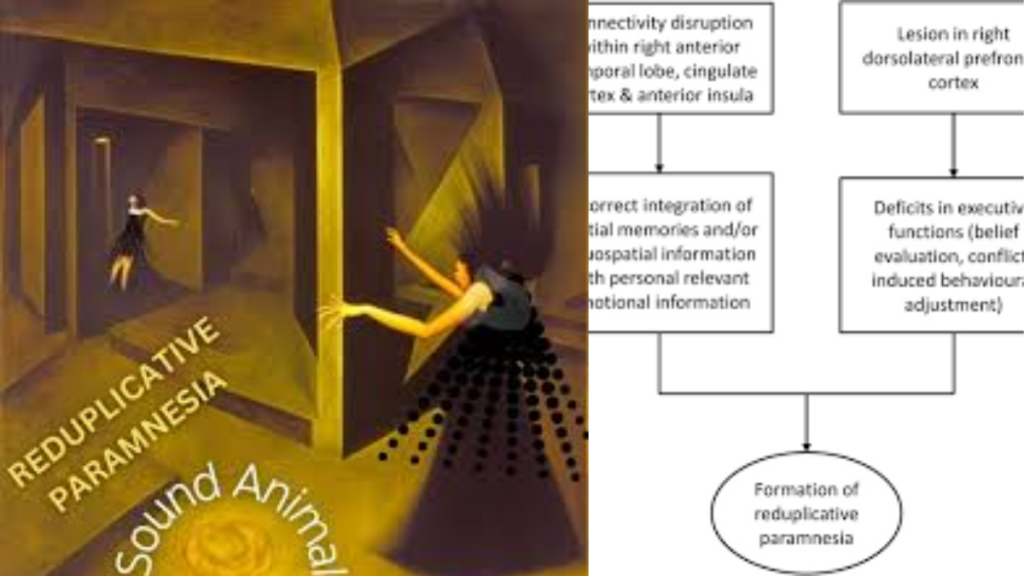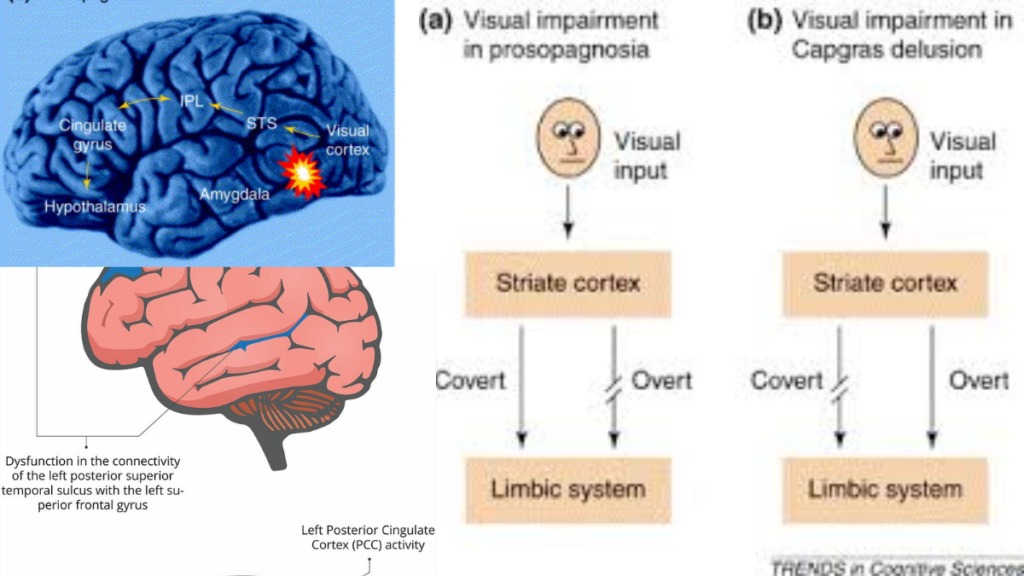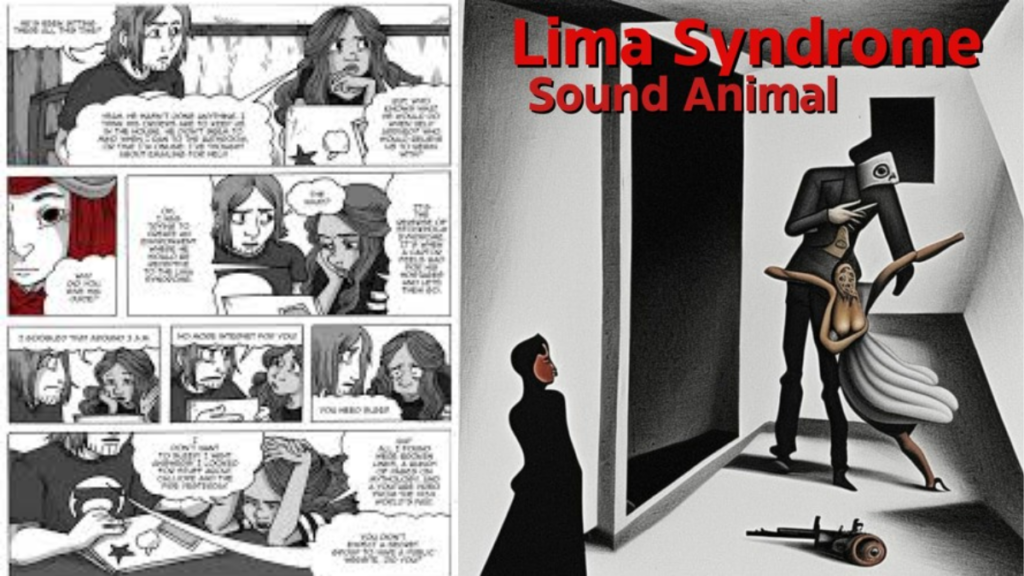Top 10 Bizarre Mental Disorders

Bizarre mental disorder are rare and often perplexing conditions that can deeply affect a person’s perception of reality. These disorders challenge our understanding of the mind and reveal the complex nature of human psychology. Here are ten of the most unusual mental disorders, each with unique symptoms and characteristics.
Cotard Delusion

Cotard delusion is an extremely rare mental disorder where individuals believe they are dead or lack essential body parts. First described by Jules Cotard in 1880, this condition causes sufferers to think they are no longer alive or are missing crucial organs, despite evidence to the contrary.
Reduplicative Paramnesia

This disorder involves the belief that a location has been duplicated or relocated. For instance, a person with reduplicative paramnesia might think that a hospital they visited has moved to a completely different place, even though it remains in its original location.
Fregoli Delusion

Fregoli delusion is the opposite of Capgras delusion. Individuals with this condition believe that different people are actually the same person in various disguises. Named after the actor Leopold Fregoli, who was known for his ability to change appearances quickly, this disorder leads to confusing interactions with multiple people.
Capgras Delusion

In Capgras delusion, individuals are convinced that someone they know well has been replaced by an identical impostor. This delusion is often found in people with schizophrenia but can also occur in those with brain injuries or dementia.
Jerusalem Syndrome

Jerusalem syndrome causes individuals to experience psychosis-like symptoms after visiting Jerusalem. These symptoms usually include religious delusions and obsessions. Most sufferers have a history of mental illness, which may be triggered by the city’s religious significance.
Stendhal Syndrome

Named after the French writer Stendhal, this disorder causes hallucinations, confusion, and rapid heartbeat when individuals encounter particularly beautiful art or landscapes. The overwhelming experience of beauty can lead to intense emotional reactions.
Paris Syndrome

Paris syndrome affects some Japanese tourists who experience a severe reaction to the cultural shock of visiting Paris. The disorder stems from the discrepancy between the idealized image of Paris and its reality. There is even a hotline available for affected tourists.
Diogenes Syndrome
This condition involves extreme self-neglect, compulsive hoarding (often of animals), and social reclusion. Typically seen in older adults, Diogenes syndrome is associated with seni

le dementia and represents a profound level of personal and social detachment.
Lima Syndrome

Lima syndrome is the reverse of Stockholm syndrome. It occurs when captors begin to sympathize with their hostages. The term originated from a 1996 crisis in Peru, where the captors eventually released their hostages and were later apprehended.
Stockholm Syndrome

Stockholm syndrome describes the phenomenon where hostages develop a bond with their captors. This syndrome can occur in situations of abuse or kidnapping. A well-known case is that of Patty Hearst, who, after being kidnapped, ended up identifying with and participating in the activities of her captors.
These bizarre mental disorders illustrate the wide range of ways in which the human mind can experience and interpret reality. Each condition offers insight into the complexities of mental health and the diverse ways in which psychological disorders can manifest.


